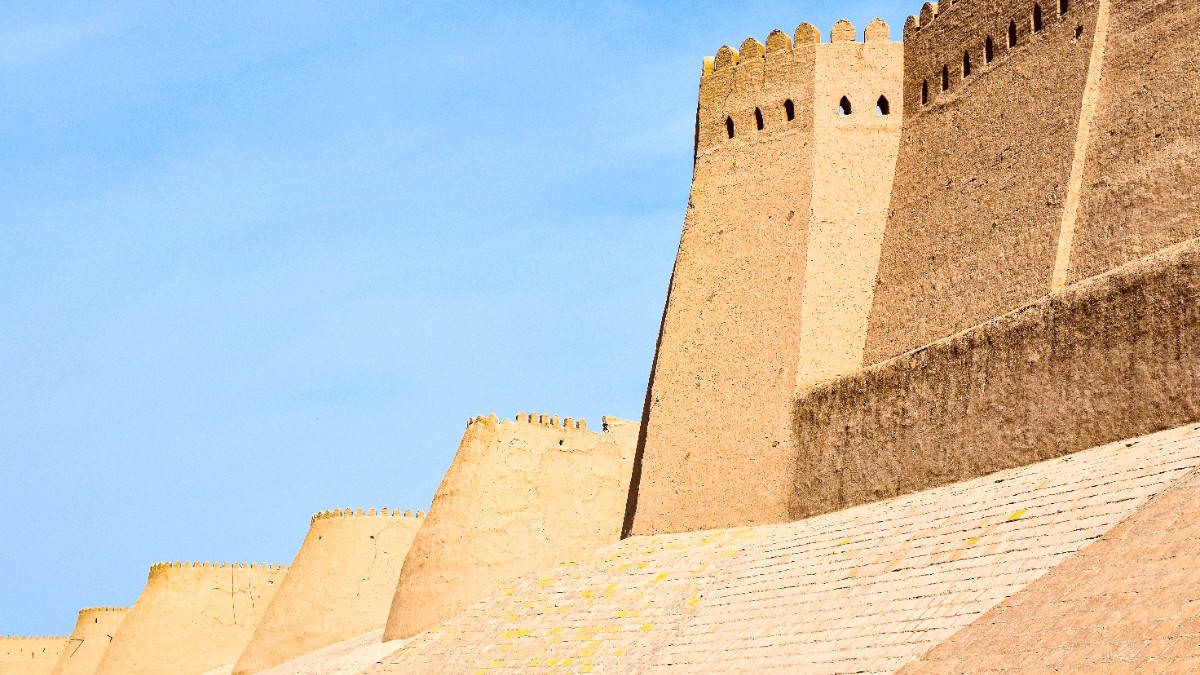
Khorezm, Uzbekistan
While Khiva is a cultural heritage site, the wider Khorezm region includes desert areas and part of the Amu Darya delta with environmental meaning. These areas face water scarcity and desertification.
Waste management remains a challenge. Travelers should minimize waste, avoid littering, and carry out non-biodegradable waste. Recycling facilities are not widely available.
Uzbekistan is a water-stressed region due to agricultural water needs. Be mindful of your water usage, especially in hotels. Take shorter showers and reuse towels.
Support the preservation of Ichan Kala by respecting rules, not damaging structures, and staying on designated paths.
Modest dress is good, especially when visiting religious sites. Ask permission before taking photos of people, notably children or women. A simple gesture often makes this understood.
Maintain a quiet and respectful demeanor inside religious buildings. Avoid loud conversations.
Support local efforts to keep Ichan Kala's heritage alive. Your actions contribute to its future.
Respect privacy. Avoid intrusive photography, especially of children or in sensitive situations. Understand that not everyone wants their picture taken.
Choose accommodations that show environmental care. Look for places that source locally or have waste reduction policies. Consider booking through Ecobnb.
Find Eco-StaysOffset your flight emissions through providers like Terrapass. Pack reusable items from Package Free Shop. Choose durable gear from Patagonia.
Reduce Your FootprintYour travel choices play a part in preserving Khiva's unique heritage and environment. Engage respectfully with locals, minimize your waste, and choose options that help the local community.
Ensure your travel helps the local community directly. Make choices that support the local economy.
These businesses often employ local staff.
Buy crafts directly from artisans. This helps them get a fair price for their work. Avoid excessive haggling, especially for handmade items, which devalues craftsmanship.
Be aware of giving practices and how to contribute responsibly.
If you wish to donate, do so through established local charities or organizations rather than direct handouts. Direct handouts might foster dependency.
Avoid situations that promote begging or exploitation. Do not participate in activities that could harm local individuals or communities.
Consider supporting organizations focused on environmental conservation in Uzbekistan, such as those helping with the Aral Sea region. One option is through The Rainforest Site (GreaterGood).